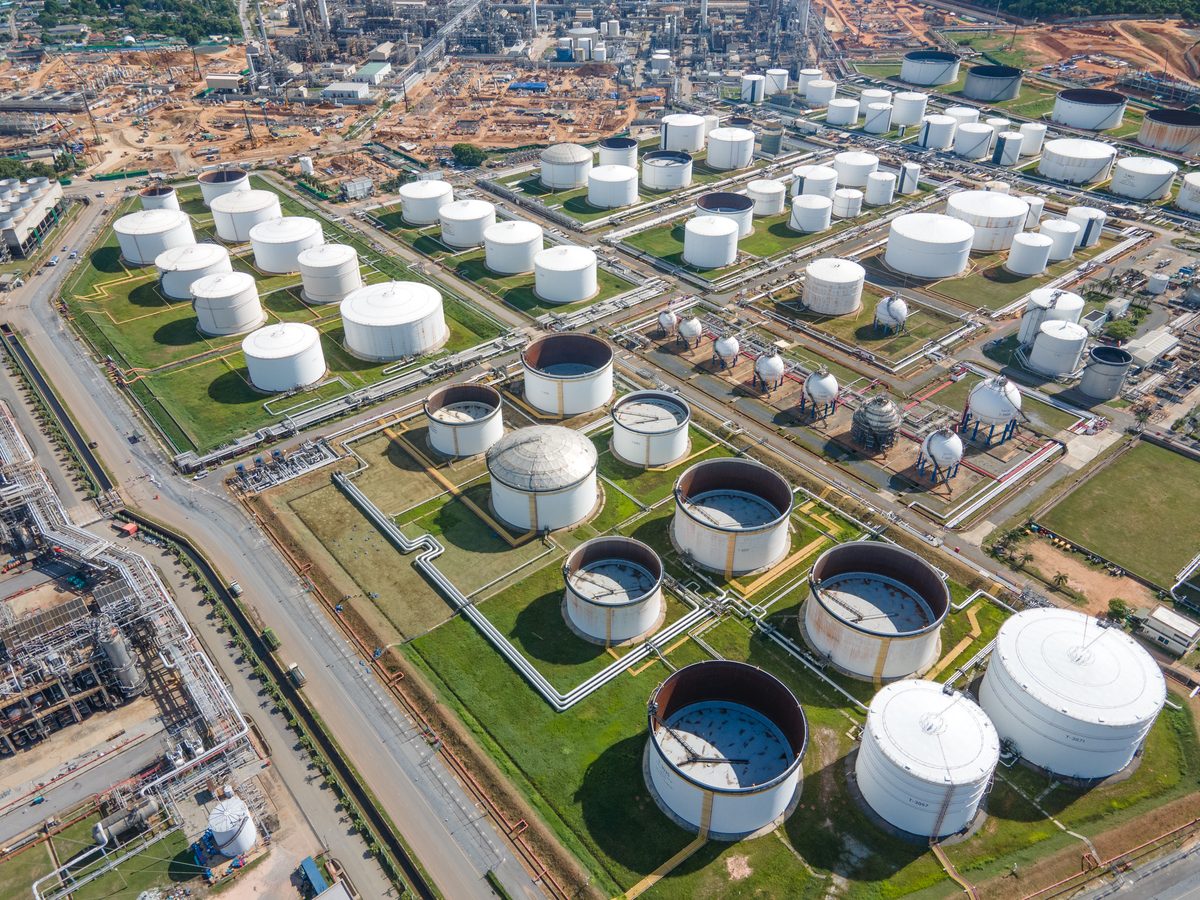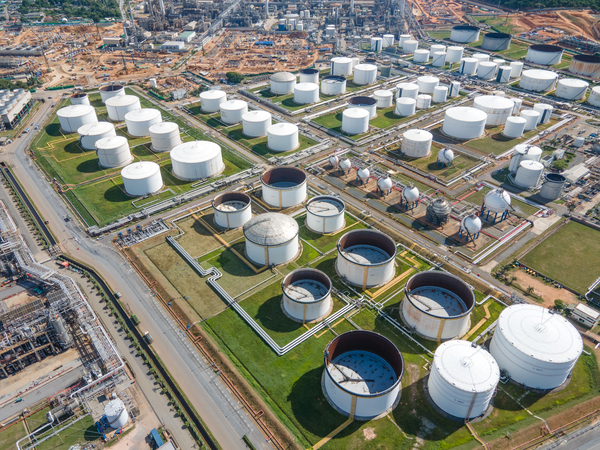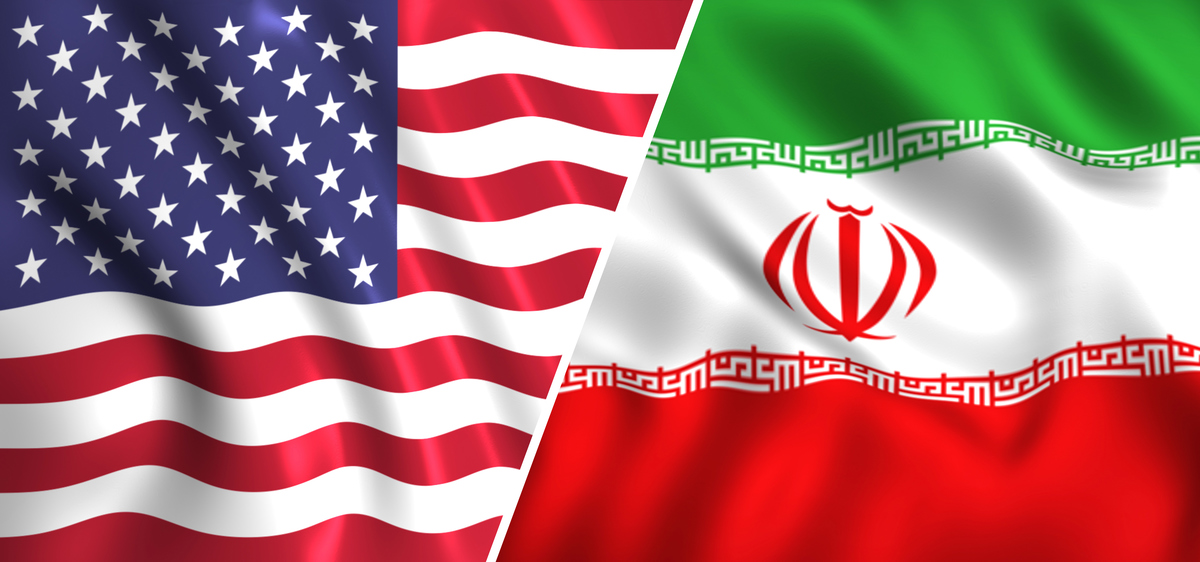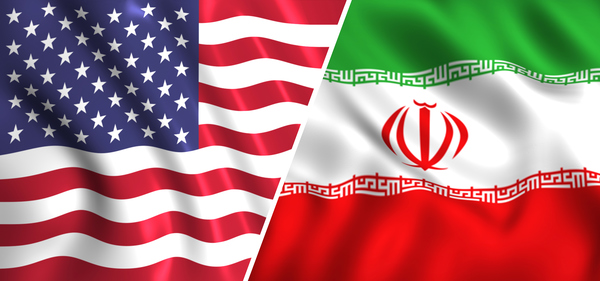FIS: Crude Oil Market Overview: Market continues choppy move downwards
Both WTI and Brent continued their general trend downwards since the end of last month, with choppy trading as global geo-political events continued to cause uncertainty.
These different political events are coupled with questions about the future demand for oil as countries look to divest away from oil to help reduce carbon emissions or deal with the current high costs of energy products.
BlackRock’s geopolitical risk indicator has charted an increase in risk over the past month. It has not been near recent highs right after the start of the Ukraine-Russia conflict, but it is still at levels not seen since late 2020 at the U.S. Presidential election.
A seemingly brighter note was struck earlier last week with the signing of the agreement to allow grains to be exported via the Black Sea. Ukraine and Russia signed mirroring agreements in a deal facilitated by Türkiye to allow the seaborne transportation of goods, which were halted at the beginning of the war.
Saudi Arabia plans to increase oil exports by reducing its reliance on oil for domestic consumption. It is estimated that some 1 million barrels per day (bpd) could be released as it increases its reliance on renewable and natural gas supplies by 2030. This fits into the country’s plan for net-zero emissions by 2060, aiming to have 50% of its electric production from renewable energy and a similar amount from natural gas.
As reported in the last oil and products weekly analysis report, the top OPEC producer has announced that it has no plans for any increased capacity beyond the 13 million bpd it has pledged to reach by 2027.
The UK’s MI6 Chief threw cold water on the prospect of a successful renegotiation of the Iranian Nuclear Deal last week. Despite renewed efforts by U.S. President Biden and European allies to try to get a deal, the British spy chief was doubtful that the Iranian Supreme Leader wanted to agree on a deal. The current situation and sanctions have kept millions of oil barrels away from oil markets. With the current high energy prices, there has been a greater impetus to get a deal agreed by Western governments grappling with the increased cost of living. An agreement that limits the nuclear capabilities of Iran while also allowing millions of barrels of oil production onto markets to cool energy prices is pretty attractive to those governments.
Winter of discontent for Europe?
Later this week, Russia will cut throughput via the gas pipeline Nord Stream 1 to just 20% of its capacity. This has caused alarm bells to ring across the continent, especially in Germany, as governments scramble to limit the impact on fragile post-covid economies. A Reuters poll of economists predicts that German economic growth will only be 0.1%, far below pre-pandemic levels, with the potential for a greater contraction if there are further gas restrictions. Russia has blamed gas turbine manufacturer Siemens Energy for the disruption and further reduction in supply for maintenance on the pipeline. However, many suspect the reduction in supply is more about retaliatory action for Western sanctions on Russia for their military action in Ukraine.
European gas storage levels are only at around 70% capacity, with estimates that the continent needs to reach 95% levels to weather the winter period that could coincide with a total cut-off of Russian gas supplies. The EU has pushed forward a plan to cut gas consumption by 15% in member states, but this has seen pushback from several states as they weigh the economic impact of such a plan vs political unity in the face of such action by Russia. The ability of Europe to source gas from alternative sources was diminished by supply logistics and lack of the necessary infrastructure; there is an impending crisis on the horizon.
Warning signs are flashing red for Europe as it struggles to keep political unity in the face of growing concerns for energy supplies, as Russia slowly turns the screw on gas supplies via Nord Stream 1.
Written by Edward Hutton, Edited by Chris Hudson (https://freightinvestorservices.com/fis-live/).






